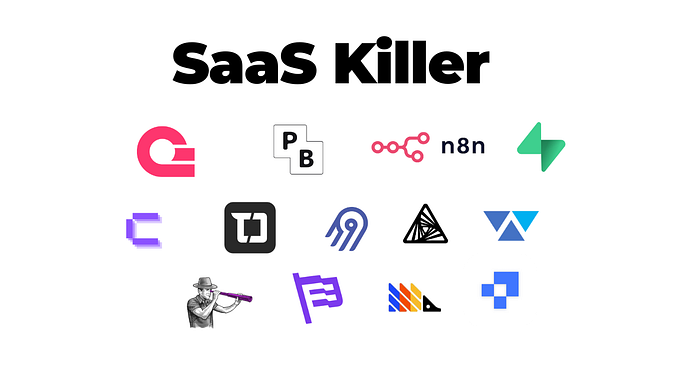Open Access Categories | Bentham Open

Open Access (OA) is a publishing model that aims to make scholarly research freely accessible to anyone with an internet connection. Unlike traditional publishing models where access to research articles is restricted behind paywalls, OA allows readers to freely read, download, and share scholarly articles without any financial or legal barriers.
Beyond free access, OA encourages alternative publishing models, prioritizing researchers’ and readers’ needs over profit-driven motives. Models like author-pays or institutionally-supported publishing, ensure easy access to research outputs. Additionally, OA gives authors control over their copyrights, empowering them to retain ownership of their work while allowing for greater flexibility in sharing and reuse.
This article explains the different Open Access models to give a better understanding of the options presented to researchers who want to go this route.
Types of Open Access
There are several types of Open Access publishing models, each with its own characteristics and requirements. The main categories include Green Open Access and Gold Open Access. However, there are some additional categories that determine how and when articles become freely accessible to readers.
Green Open Access
In Green Open Access, authors deposit a version of their manuscript in an institutional or subject repository, such as a university’s online archive or a disciplinary repository. This version, often referred to as a preprint or postprint, is made freely available to the public after a certain embargo period, typically set by the publisher. In Green Open Access, the article may not always be the final version.
While Green Open Access increases the accessibility of research by providing a free alternative to subscription-based journals, it may lead to confusion among readers who encounter multiple versions of the same article across different repositories. Additionally, the embargo periods imposed by publishers can delay immediate access to the latest research findings, hindering the timely dissemination of knowledge to the public and other researchers.
Gold Open Access
Gold Open Access involves publishing articles in journals that make all articles immediately and freely available to readers upon publication. Authors may be required to pay article processing charges (APCs) to cover the costs of publication. Gold Open Access journals often have rigorous peer-review processes and high visibility within their respective fields. Bentham Open is an example of a Gold Open Access publisher.
One advantage of Gold Open Access is its immediate and unrestricted access to research, enhancing visibility and potentially increasing citations for authors. However, the requirement for APCs may pose a financial barrier for researchers, particularly those from institutions with limited funding, potentially excluding them from publishing in Gold OA journals. Additionally, the reliance on APCs may lead to concerns about potential conflicts of interest or bias in the publication process.
Hybrid Open Access
Hybrid Open Access journals offer a mix of subscription-based and Open Access content. Authors can choose to make their individual articles freely accessible by paying an APC, while the rest of the journal’s content remains behind a paywall.
This model allows authors to make specific articles Open Access while still publishing in prestigious subscription-based journals. Bentham Science, for instance, publishes Current Medicinal Chemistry, one of several Hybrid Open Access journals in its catalog.
Platinum / Diamond Open Access
Platinum (also known as sponsored or diamond) open access journals represent a unique publishing model wherein immediate access to journal content is granted without the need for subscription fees or licenses. Unlike Gold Open Access, authors are not required to pay article publication charges (APCs) to publish their work. Instead, all costs associated with publishing the journal are covered by one or more sponsoring organizations.
This model ensures that readers have unrestricted access to scholarly articles while relieving authors of any financial burden. Platinum Open Access journals are often supported by academic institutions, research funding agencies, or non-profit organizations committed to advancing knowledge dissemination without commercial interests. This sponsorship not only promotes equitable access to research but also upholds the principles of academic freedom and scientific integrity. Furthermore, by eliminating financial barriers for both authors and readers, Platinum Open Access journals foster a more inclusive and sustainable scholarly publishing ecosystem.
Benefits of Open Access
Open Access has several benefits for researchers, students, and the public. It increases the visibility of research by making it accessible to a global audience. OA articles are also more likely to be cited, leading to greater recognition for authors Additionally, OA promotes innovation by enabling collaboration and knowledge sharing across disciplines and geographic boundaries. Finally, Open Access promotes transparency in research and outcomes by disclosing funding and sharing research data.
Challenges of Open Access
While Open Access offers many advantages, it also presents challenges. One of the main challenges is funding, as authors may need to cover publication costs through APCs. Additionally, some researchers may be concerned about the quality and credibility of OA journals, as not all OA journals adhere to rigorous peer-review standards. Furthermore, navigating copyright and licensing issues can be complex in an OA environment.
Navigating Open Access Options
Understanding the different categories of Open Access can help researchers make informed decisions about where to publish their work and how to access scholarly literature. Whether publishing in Green, Gold, Hybrid or Platinum OA journals, it’s important to consider factors such as visibility, impact, and funding requirements. Some of the requirements may be mandated by the publisher. Other requirements might be enforced by the institution. This is where collaborative efforts pay dividends to researchers. By sharing knowledge and financial resources, authors can continue to publish their work in recognized journals while also retaining ownership of their efforts.
Interested in publishing OA research? Bentham Science and Bentham Open journals are both options for researchers who want to publish in the Hybrid, and Gold OA models.




